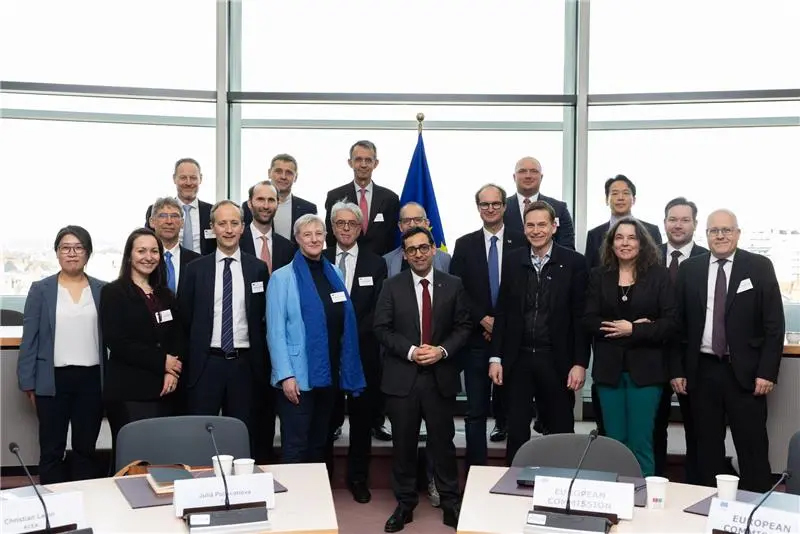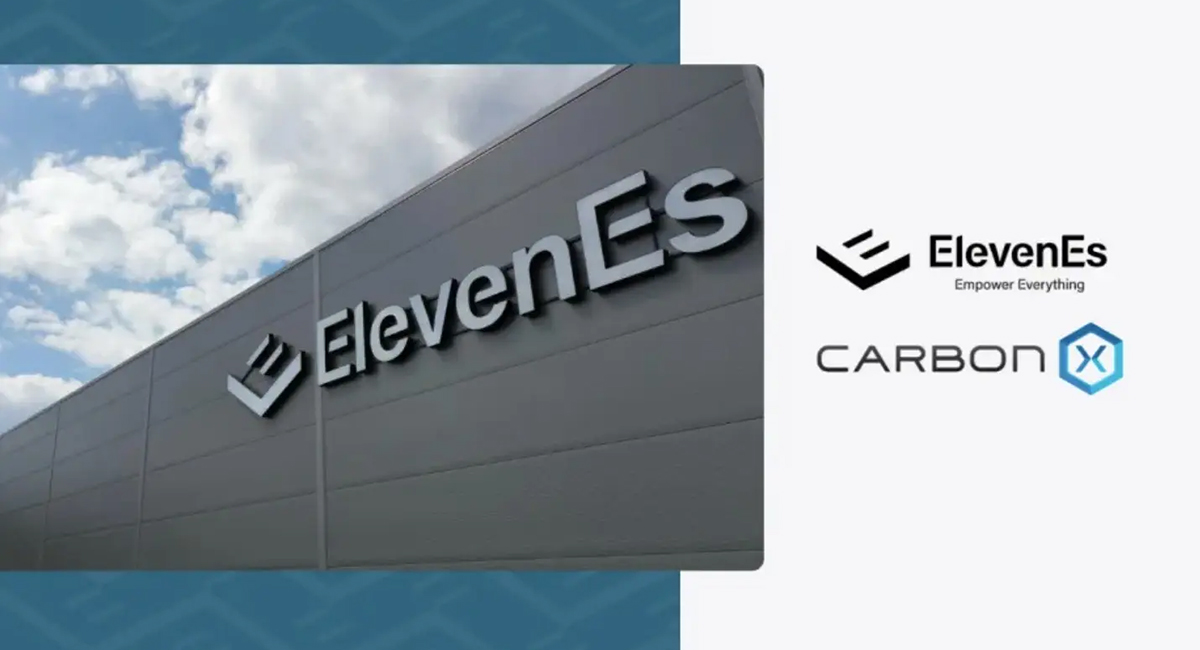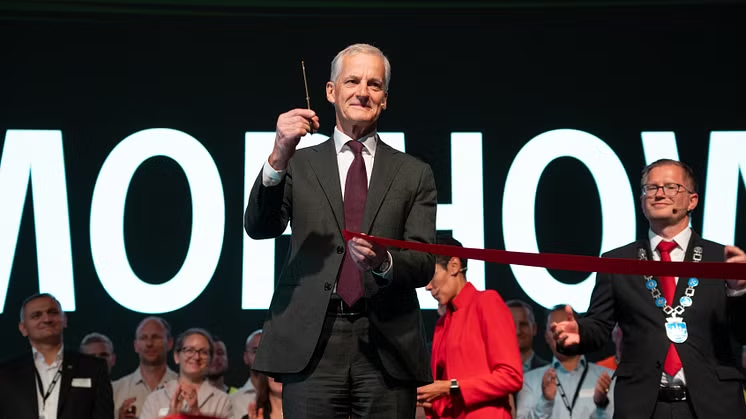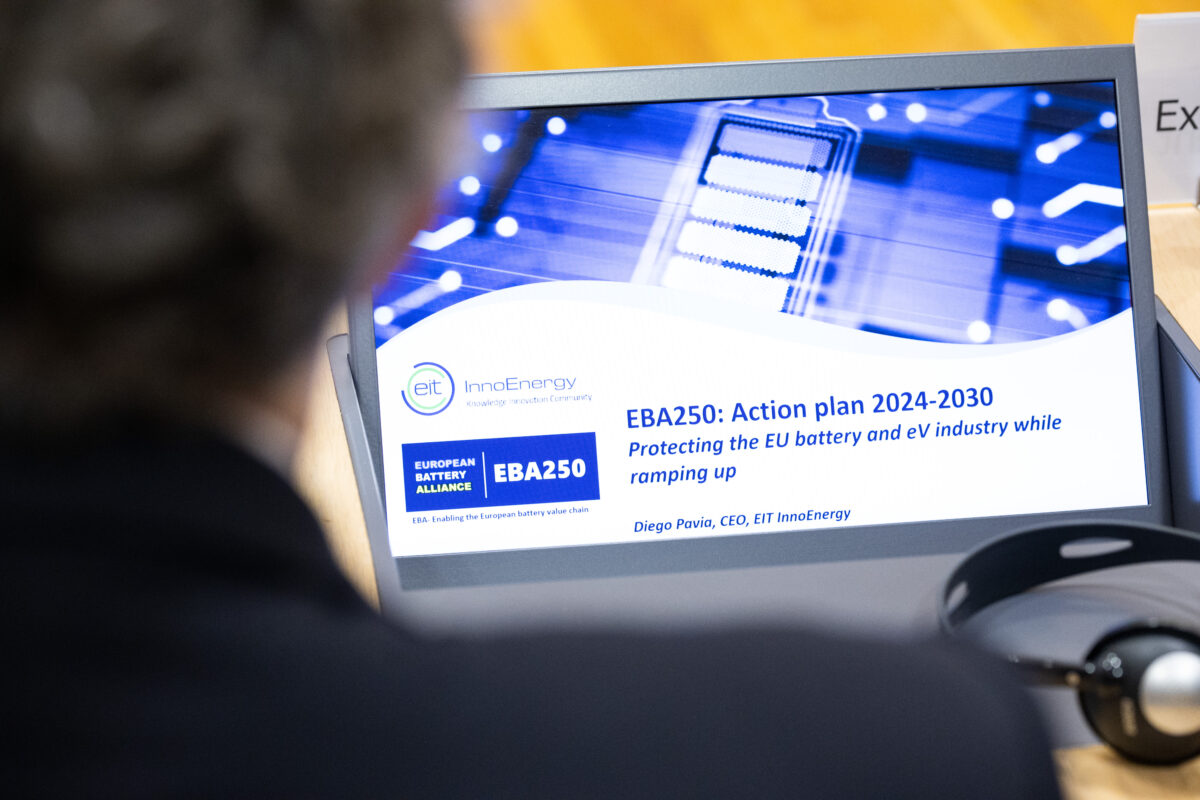
Apr 14, 2021
The European Battery Alliance – a role model for creating strategic industrial value chains
Only a few years ago, Europe was basically non present in the battery value chain. Today, Europe has made dramatic progress in establishing a credible battery value chain following the launch of the European Battery Alliance in October 2017, as we have been regularly reporting on this website.
We have recently noticed that the model created by the European Battery Alliance has been recognised by others as a solid way to create an industrial ecosystem. As an example, when the new US administration came in office, it was immediately recognised that US has been falling behind not only China but also Europe. The European Battery Alliance was indeed highlighted as a possible model to follow as per this article in the Washington Post. “The European Union is also closely involved in supporting its battery sector, having established a European Battery Alliance in 2017 that set sweeping goals for manufacturing, charging infrastructure and electric-car uptake. Germany is requiring all gas stations to offer electric-car charging. And last month, the European Commission said it would spend $3.5 billion to subsidize Tesla, BMW and other companies to produce more batteries in Europe and help cut imports from China.”
Asia is also increasingly interested in what has been accomplished by the European Battery Alliance, as per this example from India. “The most prominent, and successful, example is Europe. Despite its diversity, Europe has studied and adapted the playbook of the Asian players to rapidly establish a local ecosystem. By strongly promoting EVs and putting the focus on decarbonization and sustainability, the demand for batteries was created, inviting battery makers to open factories locally. These have further been supported through financial and regulatory incentives – not only in cell manufacturing, but also from upstream steps like mining and material preparation to end-of-life management. The focus on sustainability is also translated into regulations determining how batteries are manufactured, be it the emphasis on material sourcing practices, using green power in production, or mandatory recycling targets.”
We at EBA250 are pleased to see that the work undertaken less than four years ago is acknowledged worldwide and look positively to similar initiatives. The challenge to accelerate the electrification of the transport sector is massive and all regions must step up and contribute to this development. In Europe, we have with the European Battery Alliance created a commitment and a strategy to do our part.
More EBA250 news
InnoEnergy, the driving force behind the EBA250 initiative, introduces today its new brand identity,…
The new EU-funded facility will enhance global raw materials partnerships and access to Critical…
Last week, InnoEnergy and EBA250 represented the battery value chain in Brussels alongside Verkor…
ElevenEs, a European LFP lithium-ion battery manufacturer, has signed a Joint Development Agreement with…
The European battery industry has come a long way since the launch of the…
The 2024 Innovation Fund calls for proposals have been launched this week, with a…
Altris, a pioneering Swedish developer of sodium-ion battery technology, has reached significant milestones that…
Last Friday, Morrow Batteries officially inaugurated the first giga-scale LFP (Lithium Iron Phosphate) cell…
On May 24, 2024, the 8th High-Level Meeting of the European Battery Alliance (EBA)…
Following the recent announcement from EVP Šefčovič on the need to support manufacturing of…








